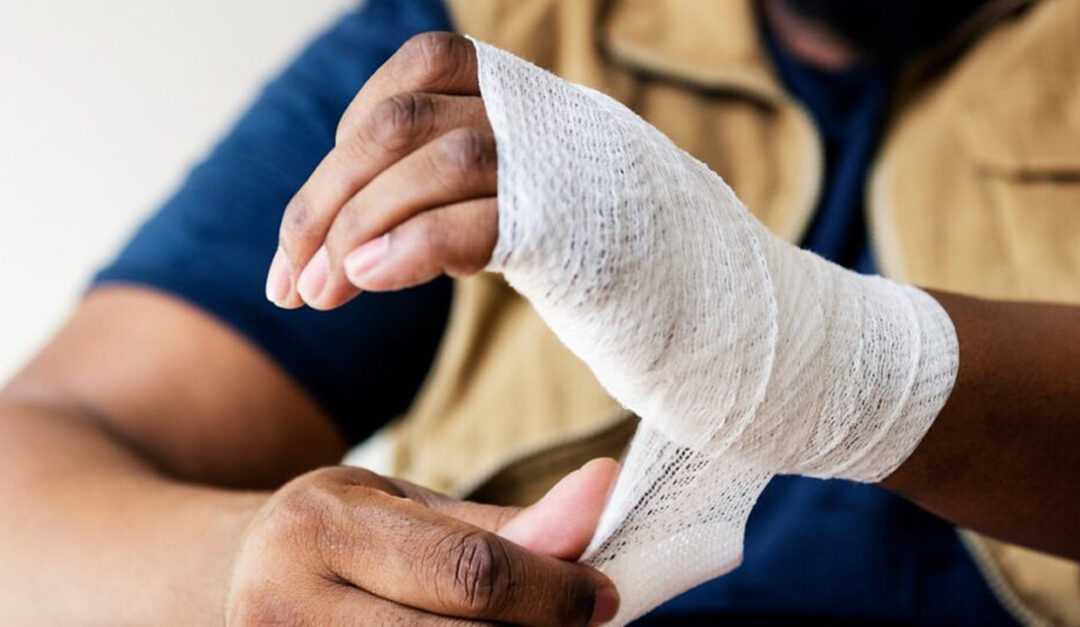Whether you have a wound from a recent surgery, or you’ve hurt yourself and need first aid, the steps you take to care for your wound will play an important role in ensuring proper healing. While our providers may send you home with more specific care tips depending on the nature and location of your wound, the following home care tips apply to most wounds.
Stop the Bleeding
If you’ve sustained an injury such as a slight abrasion or minor laceration, the first step is to stop the bleeding by applying pressure. Our physicians recommend that you apply direct pressure with a clean gauze or cloth to encourage clotting. If bleeding persists for more than 15 minutes or the wound appears deep or gaping, seek immediate medical attention instead of attempting to treat it at home.
In the case of an incision from a recent surgery, your medical care team will take steps to stop bleeding as part of your post-op care.
Keep It Clean
Whether you’re caring for an injury or incision from a recent procedure, it’s critically important that you keep the wound clean as it heals. In most cases, this will involve keeping it covered to protect against bacteria or other foreign substances that could cause infection. You may also be advised to clean the area around the wound using a gentle soap and water, or by allowing warm water to run over the affected area while you’re showering.
Though cleaning is very important, do be mindful to follow any instructions about getting the wound wet. In some cases, you may be instructed not to submerge the wound for a period of time.
Apply Treatments (If Needed)
Some wounds may require topical treatments, such as antibiotic ointments. In some cases, antibiotic ointments can accelerate wound healing, but they aren’t required for all wounds. For example, your doctor may not want you to apply any topical products to an incision with stitches or staples. Small cuts and scrapes generally respond well to these ointments, however.
Change the Dressing
Changing your wound’s dressing helps to reduce your risk of infection. As a reminder, always wash your hands before caring for your wound to avoid introducing bacteria to open skin. Gently loosen the adhesive from your skin, dab at the skin with warm soapy water to remove any dried blood or drainage, and rinse it with a fresh cloth soaked in warm water. Allow it to dry completely before applying a new dressing.
Watch for Signs of an Issue
Vascular Surgical Associates physician Dr. Jeffery Winter cautions that there are certain signs that a wound could be infected and needs immediate medical attention. If the wound appears larger, deeper, or darker than it did previously, for example, contact your doctor. You should also reach out for increased pain, swelling, redness, or bleeding. Finally, call if you have a fever of 100.5 or higher or discolored, odorous drainage coming from the wound.
Vascular Surgical Associates has been treating patients with wounds for more than 30 years. Our staff includes a Wound and Ostomy Certified Registered Nurse and Vascular Surgeon who focuses solely on wounds to ensure that patients with all wounds receive the best possible treatment for safe, timely healing. Find out more about the location nearest you by connecting with us online, or schedule an appointment by calling (770) 423-0595.





